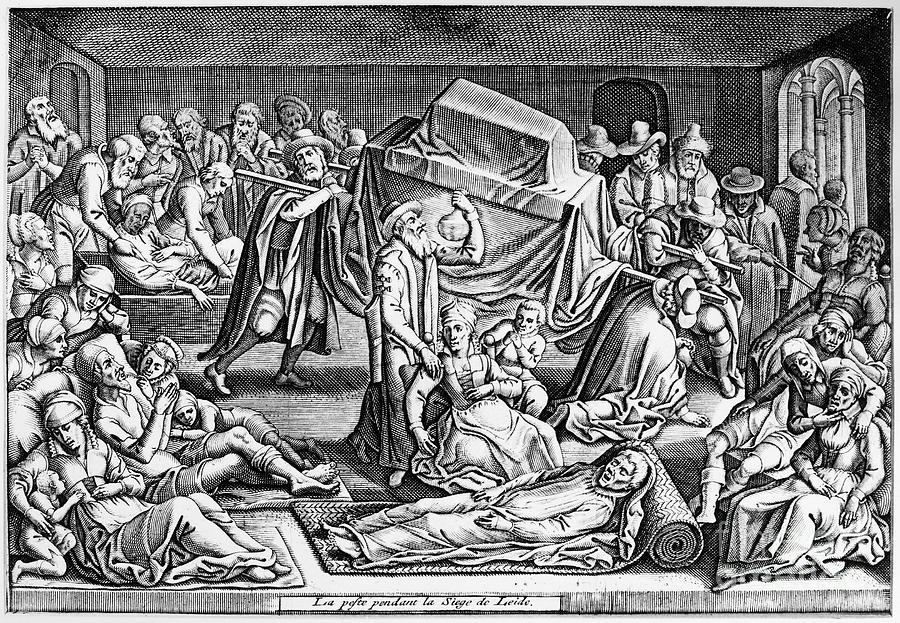On our Romans 7 discourse, Expositors comments, “…it is the cry of a human soul, if ever there was a personal cry. the passage betrays a kind of conflict far deeper and more mysterious than merely that of “I ought” with “I will not.” –It is a conflict of “I will” with “I will not”; of “I hate” with “I do.” Romans 7:19 illustrates this, “For I do not do the good I want, but the evil I do not want is what I keep on doing. “ Troublesome, the divided mind looks like this: On one hand, we want to do good. On the other hand, however, evil over-rules the good intentions, resulting in injurious or bad actions. Perhaps we determine harder to do the good we want. Before long we witness the weakness of our will as we surrender again to that troublesome, pernicious, destructive, baneful display. We need an…
Tag: <span>Holy Spirit</span>
…For those who are in Christ Jesus. The King James writers saw fit to add the words, “who walk not after the flesh…” This addendum is not in the original text. Why? Because Paul meant what he said, “there is now therefore no condemnation for those who are in Christ Jesus — period.” We must see that the unconditional statement, “no condemnation,” provides the only deliverance from an indwelling sin principle, a Law principle, an impotent “will” and a slavery to it all. Paul’s answer, and ours, is the miracle of Jesus Christ our Lord. Yes, Jesus alone solved the “sold under sin” dilemma as He became sin, 2 Corinthians 5:21, took it to its death and burial, rose out of death, ( sin did not revive,) and offered to us “newness of life” and all this “in Christ.” Our answer to the frightful double-minded “willing to do good, yet…
In order to know we are safe, our knowledge must be of a deeper kind: “The general word in the New Testament for knowledge is (gnosis) (knowledge stored on the left side of the brain, the perception and awareness area) To be vital, knowledge must go beyond (gnosis), and become (epignosis), which is experiential knowledge applied to the human soul — it gives a preciseness and experiential understanding of truth. The exchange is accomplished as knowledge transfers through the new heart ( in the human spirit) of a saved believer. Ezekiel 36:26 When God’s knowledge (His Word), is.transferred by the Holy Spirit to the human spirit, then it makes the written Word a Living Word — renews us continually and protects us invisibly. Let’s further describe epignosis; Epignosis enables a believer to live according to spiritual ethics. The believer has more than definitions. He has power in truth. There is purity in his thinking process,…
Jesus met some fishermen one day and said to them “I will make you Fishers of men.” Over time, these men became Great evangelists and fishers of men. The only thing required was the Holy Spirit. Prior to the Holy Spirit being added to them, they could not be fishers of men. Why? Let’s examine what the Holy Spirit brought, and some aspects missing without Him . Taken from Doctor Carl H Stevens. ” Without the Spirit, a man is left to his “Old Sin Nature.” ( OSN.) The OSN is insecure-not well adjusted-lacks confidence in God’s plan and details of providence. The OSN Is overly sensitive. Does not trust in the purpose of the steps that God leads us. The OSN is paranoid: Suspicious and easily irritated. The OSN produces a negative attitude which produces negative reactions. The OSN interferes with the digestion of categories (of The Scriptures), and…
Charles Spurgeon speaks of The Holy Spirit from his sermon, “The Comforter.” “I am in distress, And I want consolation. Some passer-by hears of my sorrow, and steps within, sits down and assays to cheer me; he speaks soothing words but he loves me not; he is a stranger; he knows me not at all; he is only come in to try his skill. And what is the consequence? His words run over me like oil on a slab of marble. They are like the pattering rain upon the rock; they do not break my grief; It stands unmoved as adamant, because he has no love for me.” “But let someone who loves me dear as his own life come and plead with me, then truly his words are music, They taste like honey. He knows the password of the doors of my heart, and my ear is attentive…
“In 165, during the reign of Marcus Aurelius, a devastating epidemic swept through the Roman Empire.” “…it was the first appearance of Smallpox in the west, Zinsser (1934). “But, whatever the actual disease, it was lethal. During the fifteen year duration of the epidemic, from a quarter to a third of the empire’s population died from it, including Marcus Aurelius himself.” ” Then in 251 a new and equally devastating epidemic again swept the empire, hitting the rural areas as hard as the cities.” “This time it may have been measles.” “The Rise of Christianity” Rodney Stark “…the role they, (the plagues), likely played in the decline of Rome was ignored by historians until modern times.” ” again and again, the forward march of Roman power and world organization was interrupted by the only force against which political genius and military valor were utterly helpless — epidemic disease.” Zinsser…
Hope maketh not ashamed. How does it work? Penti Ikonen and Eero Rechardt say “the reaction to the absence of approving reciprocity,” is shame. Gunnar Karlson, “…the main constituents concerning shame are its anchorage in the situation to which it refers; …perpetually objectified; …the revelation of an undesired self; …a history of frozen nowness.” Lynn Jacobs PH.D says “shame fear and guilt, these are the ‘feelings about feelings;’ the boundary keepers.” “ Experiencing a forbidden feeling,” evokes shame. These afore mentioned answers exist in the realm of analysis; empirical, rational, sometimes very insightful — Psycho/Physiological stuff. Wow! “a person with internalized shame believes he is inherently flawed, inferior, and defective.” John Bradshaw. For what it is worth, we have definitions. Adam and Eve were naked and not ashamed. They disobeyed. Shame began here. They became pale, disappointed, delayed, and dry. They got steep protective boundaries, they received limits, things quit…
Taiwan Restaurant, Budapest Hungary But he is in one mind, and who can turn him? and what his soul desireth, even that he doeth. For he performeth the thing that is appointed for me: and many such things are with him. Job 23:13-14. When God performs His Word, something happens. “He performs the thing appointed for me,” Job exclaimed. He perfects or finishes what concerns me, also; says the writer in Psalm 138:8. “Faithful is He that calleth you, who also will do it;” 1 Thessalonians 5:24. “We are His workmanship, created in Christ Jesus unto good works, which He has before ordained that we should walk in them.” Ephesians 2:10. God works His work in man. “It is God which works in us both to will and do of His good pleasure.” What does it mean in Philippians 2:13? The word “energy” is underlying this verse. God produces the…
Eph 1:4 According as he hath chosen us in him before the foundation of the world, that we should be holy and without blame before him in love: “Holy and without blame” is more than conduct, but relates here to an identity, a self worth, a dignity and ultimate nobility. “Without blame” defines a self image which does not impute sin or trespasses to itself and this person is blessed as in Psalm 32:1-2. Sin was originally imputed or “reckoned” to the whole human race, from Romans 3, 4 and 5, then the very same sin was transferred onto Jesus in Isaiah 53.6, 1Peter 2:24, and in 2 Corinthians 5:21 He became sin that we would become the righteousness of God in Him. This refers to His righteousness being imputed to us at the point of salvation. Following this? So, “holiness” becomes not an issue of conduct, but a setting-apart…








